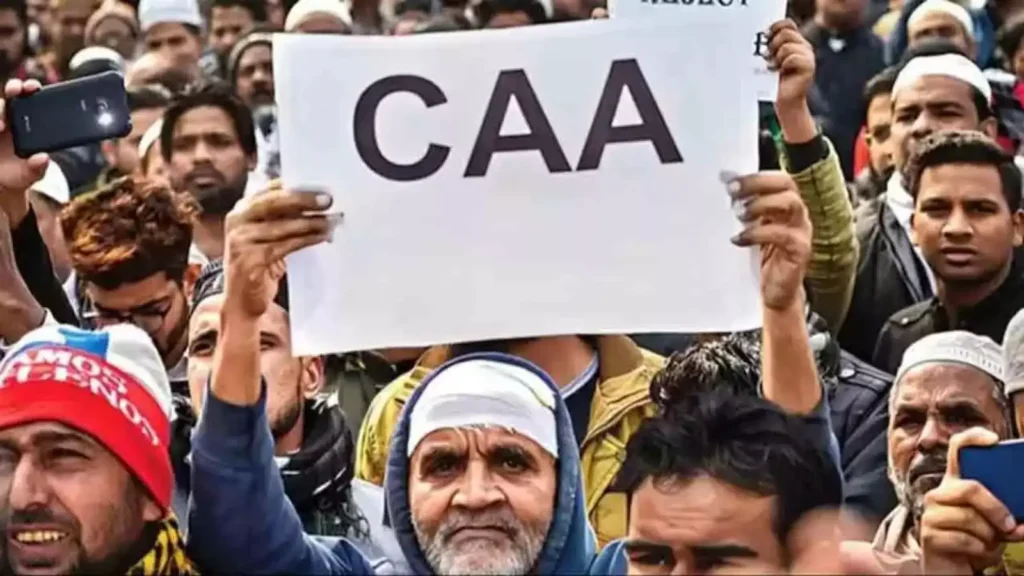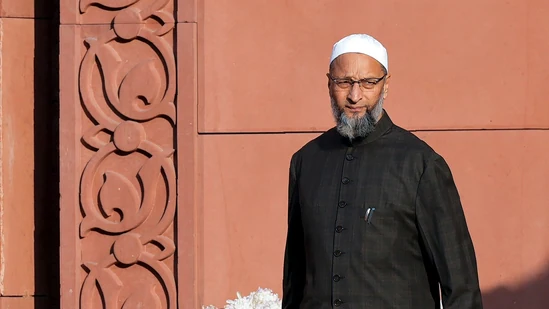
Supreme Court agrees to hear petitions against CAA and Citizenship (Amendment) Rules on March 19
Last Updated on March 17, 2024 by News Desk
Issue:
The Citizenship (Amendment) Act (CAA) Rules Challenges Will Be Heard by the Supreme Court.
Facts:
The Citizenship (Amendment) Act (CAA) regulations are scheduled to be temporarily halted, and applications seeking to safeguard Muslim community members who may be impacted by the law will be heard by the Supreme Court on March 19. Following the contentious law’s enactment in December 2019, the Union government formally announced the CAA rules on March 11. The legality of the Act’s Section 6B, which expedites citizenship for non-Muslim refugees from Pakistan, Bangladesh, and Afghanistan, as well as the revisions have been contested in the outstanding cases since 2019. Assam Congress, the Indian Union Muslim League (IUML), and regional student organizations have all filed separate applications asking for the CAA regulations to be temporarily suspended.
Reason for Emergence:
The petitions contest the discriminatory character of the CAA, which accords non-Muslim immigrants from particular nations preferential treatment. Critics draw attention to issues with secularism’s decline, the Indian Constitution’s guiding concept, and the possible repercussions of awarding citizenship only on the basis of religious identity. The need to address these concerns urgently has increased due to the Supreme Court’s inability to have a meaningful hearing on this topic.
Effects on the Country:
India’s socio political environment will be significantly impacted by the hearing. Wide-ranging implications for the status and rights of migrants, especially those from Muslim communities, may result from the CAA regulations being halted or ruled unlawful. The argument over the CAA also touches on more general issues of citizenship, secularism, and national identity. This legal dispute might have a lasting effect on Indian society by influencing subsequent immigration and minority rights policy. Separations and tensions within the nation have been exacerbated by the timing of the announcement of the CAA rules, which coincided with political rhetoric and sparked claims of electoral opportunism.
Written By: Nikita Shankar @nikitaashankar



